FRP, or fiber-reinforced polymer, is a composite material that consists of strong fibers embedded in a resin matrix. This combination creates a material that is exceptionally strong, lightweight, and resistant to corrosion, chemicals, and temperature extremes. These properties make FRP an excellent material for pollution control equipment.
Benefits of FRP Pollution Control Equipment
Durability: FRP equipment is incredibly durable and can withstand harsh environmental conditions, including exposure to chemicals, UV rays, and extreme temperatures. This ensures long-lasting performance and reduces the need for frequent replacements.
Corrosion Resistance: Unlike traditional metal equipment, FRP is highly resistant to corrosion, making it ideal for use in corrosive environments such as chemical plants and wastewater treatment facilities.
Lightweight: FRP equipment is significantly lighter than traditional metal equipment, making it easier to transport, install, and maintain. This reduces labor costs and minimizes disruptions to operations.
Low Maintenance: FRP equipment requires minimal maintenance, reducing the overall cost of ownership. Its smooth surface makes it easy to clean and prevents the buildup of dirt and debris.
Sustainability: FRP is a sustainable material that can be recycled, reducing its environmental footprint. This aligns with the growing emphasis on circularity and resource conservation.

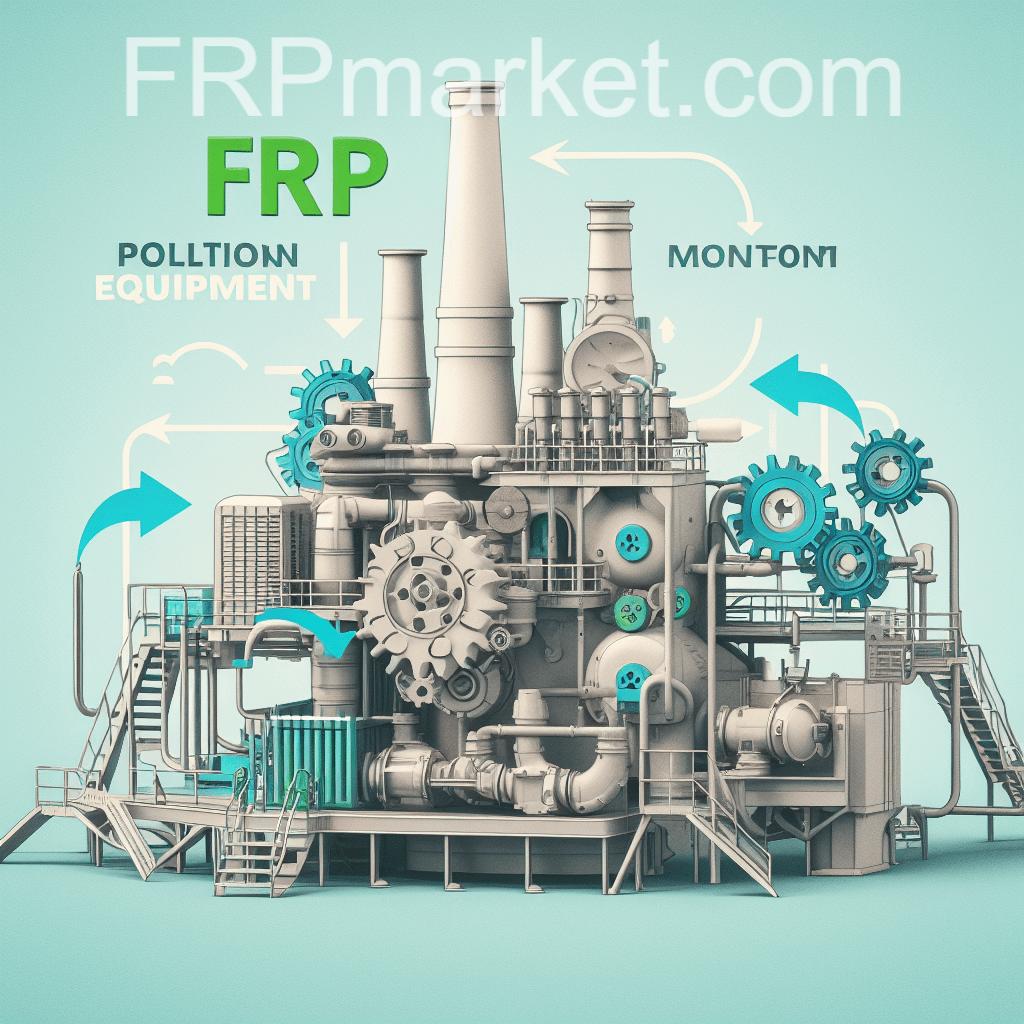
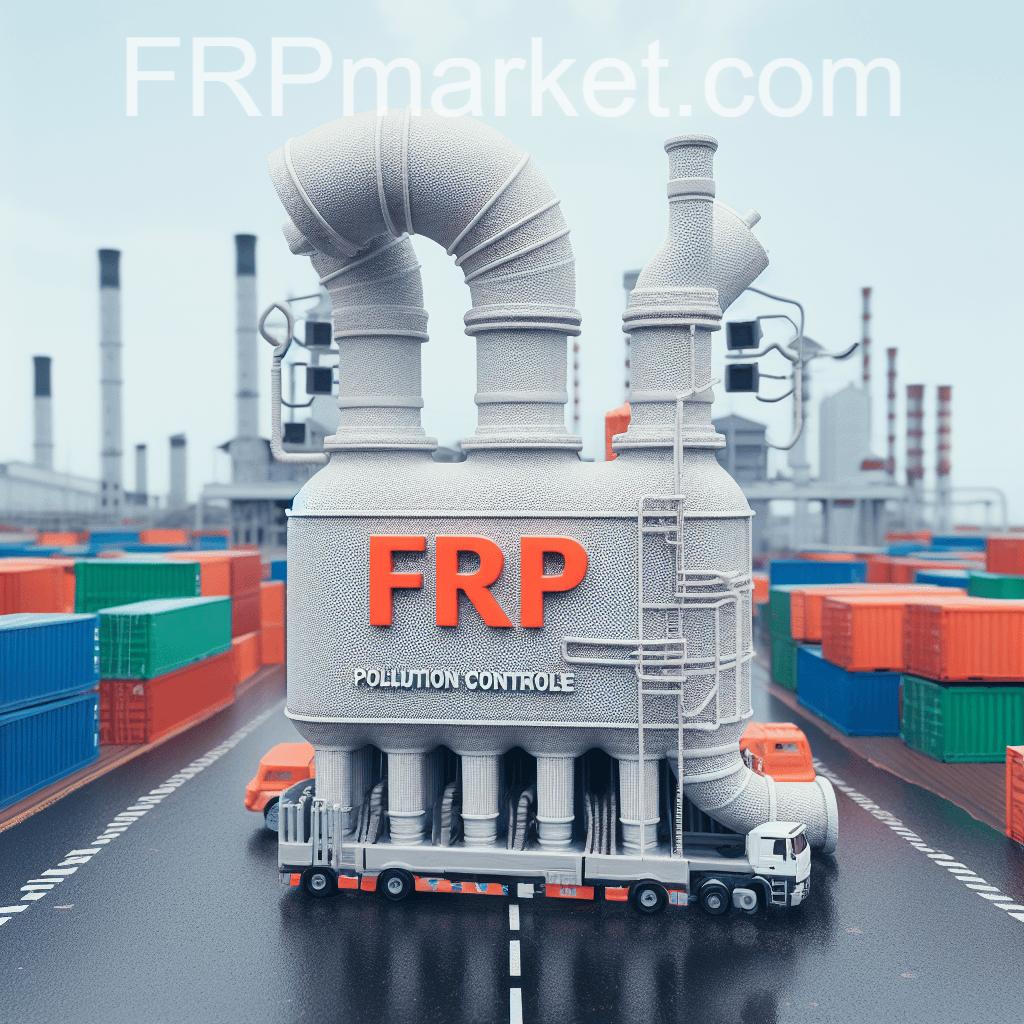
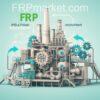
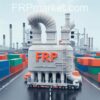
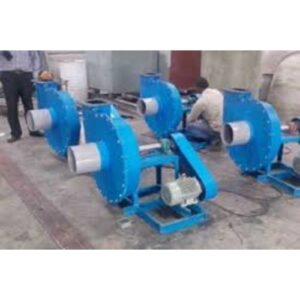
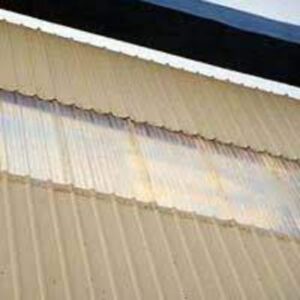
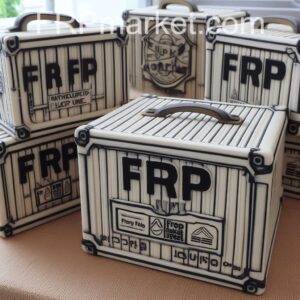

Reviews
There are no reviews yet.